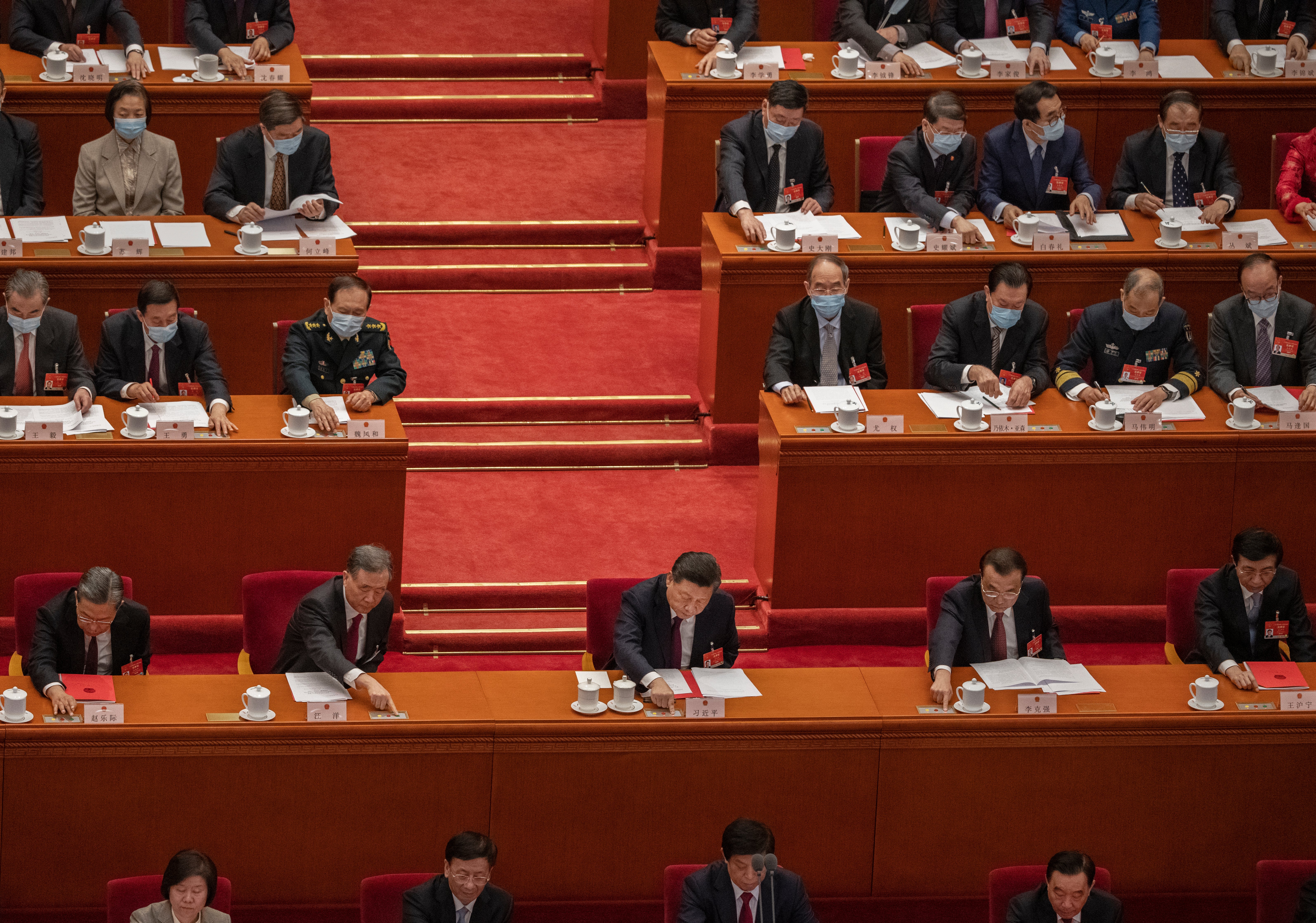What effect will China’s 14th five-year plan have on climate change?
China aims to reach emissions peak by 2030 and be carbon neutral by 2060

China’s president Xi Jinping pledged last year that his country would be carbon neutral by 2060, with emissions set to peak before 2030.
As part of these plans, tackling climate change is one of the main goals of Beijing’s 14th five-year plan, an outline of which was published last week.
In the document, China, which is responsible for around 30 per cent of the world’s carbon dioxide emissions, says it aims to derive 20 per cent of its energy from non-fossil sources by 2025.
It also plans to cut carbon dioxide emissions per unit of GDP - otherwise known as “carbon intensity” - by 18 per cent and energy consumption per unit of GDP by 13.5 per cent.
A look at previous targets shows that these new goals are not overly ambitious, as they are broadly consistent with rates the country has achieved in recent years.
“Carbon intensity” fell by 18.8 per cent between 2015 and 2020, while energy consumption per unit of GDP reduced by 15 per cent over the same period.
Some climate experts are therefore sceptical about whether Xi Jinping is doing enough to address the scale of the threat posed by global heating.
Lauri Myllyvirta, of the Centre for Research on Energy and Clean Air (CREA), said that carbon emissions could grow faster in China than they have in the last five years and still meet the required targets. This could happen if economic growth averaged 6 per cent.
“Without the energy consumption control target, there’s even less in this five-year plan to constrain emissions growth than in the previous ones,” he added.
However, some researchers see the 14th five-year plan as a starting point for China’s climate ambitions. Bernice Lee, an academic at Chatham House, told the Guardian: “The direction of travel is clear, even if it remains short on specifics. The announcement [of the five-year plan] is just the start of a marathon, not a sprint. There will be much to play for in the coming months.”
A recent report by LSE’s Grantham Research Institute on Climate Change and the Environment suggests that decarbonising the Chinese economy could act as a driver of growth.
The paper advises China to reach its peak carbon emissions by 2025 rather than 2030, as this will make it easier to reach president Xi’s 2060 carbon neutrality target. It also says Beijing should put a cap on total energy consumption, something missing from the outline of the latest five-year plan.
Like the US, China is yet to lay out its national plan under the Paris climate agreement, which seeks to limit global warming below 1.5C, compared with pre-industrial temperatures.
Join our commenting forum
Join thought-provoking conversations, follow other Independent readers and see their replies
Comments

Bookmark popover
Removed from bookmarks